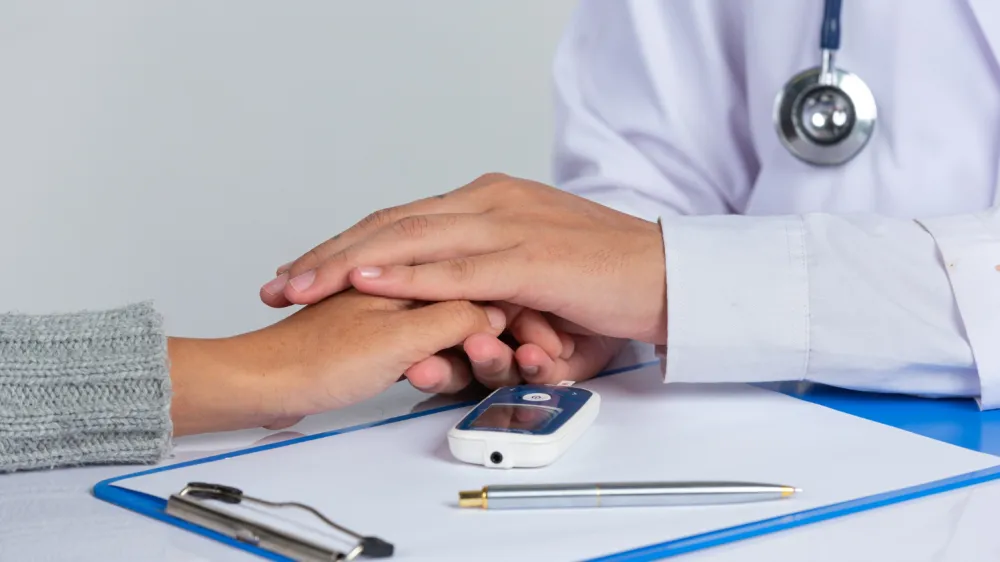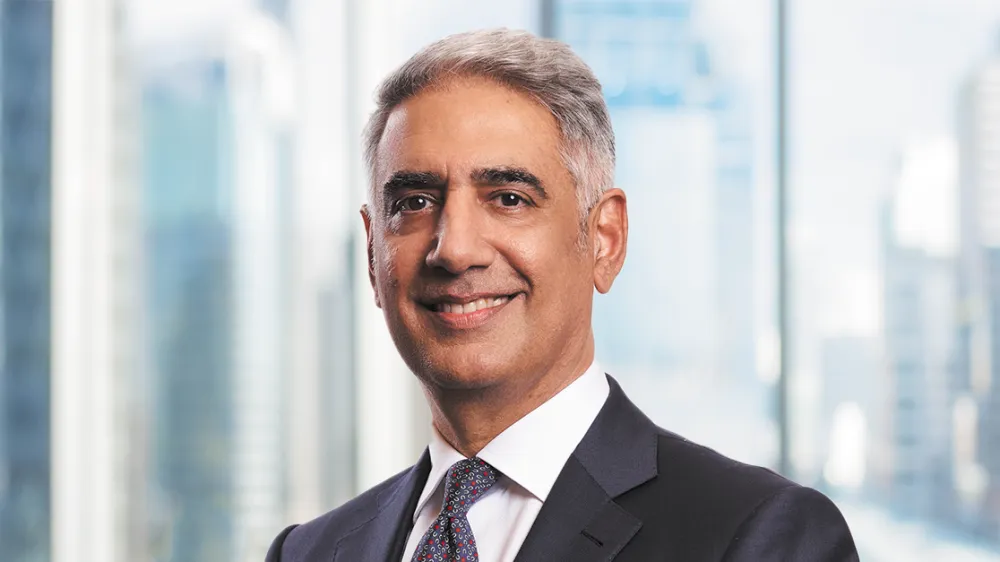
Sustainability woes threaten Asia’s universal healthcare schemes
Indonesia has accumulated a deficit of US$302m in 2015.
Universal healthcare may mean well, but it certainly does burn a hole in a nation’s pocket. And according to analysts, universal healthcare schemes are feeling the heat.
According to BMI Research, the financial sustainability of universal healthcare schemes will be an enduring challenge.
“This will apply to all markets in Asia Pacific: from Indonesia with the JKN accumulating a deficit of IDR4trn (USD302mn) in 2015, to Australia where the Pharmaceutical Benefit Scheme (PBS) has seen prescription drug spending rise from AUD4.5bn (USD3.2bn) in FY2002/2003 to AUD9.0bn (USD6.4bn) by FY2014/2015,” BMI Research said.
Additionally, some measures are expected to come from states, including cut medicine prices rather than to shift the burden onto consumers as a means of maintaining the sustainability of the respective universal healthcare schemes - as reflected in the Australian business environment.
“Navigating this will require multinational pharmaceutical firms to actively shift the conversation away from price, and towards the value that can be gained for the broader healthcare system,” BMI Research said.
Expectedly, BMI Research said universal healthcare has and will remain a key theme throughout the Asia Pacific.
“It has also started to gain traction in frontier markets where, for example, policymakers in both Cambodia and Laos have noted their aim of achieving universal healthcare by 2025. Bangladesh has a longer timeframe to achieve this, with the authorities signalling 2032 as their target; while the National League for Democracy (NLD) in Myanmar has also stated its aim of implementing the policy, though a specific date has yet to be set,” BMI Research said.



















 Advertise
Advertise





